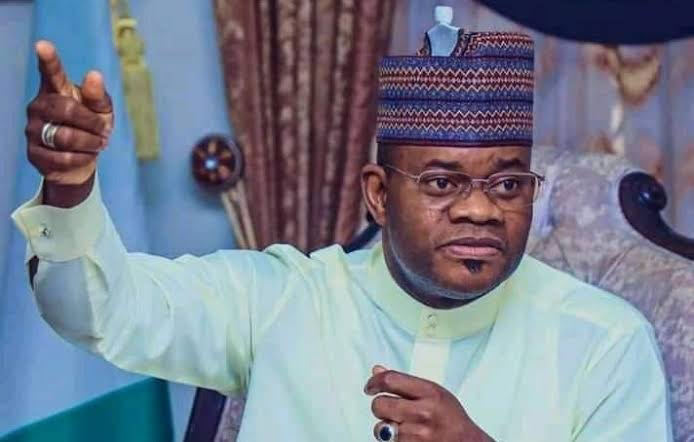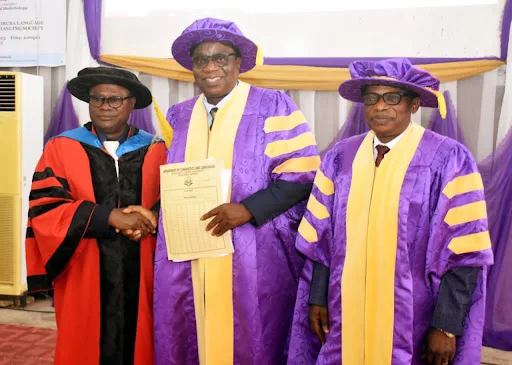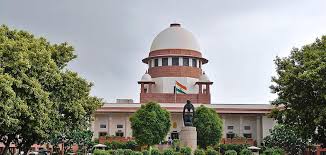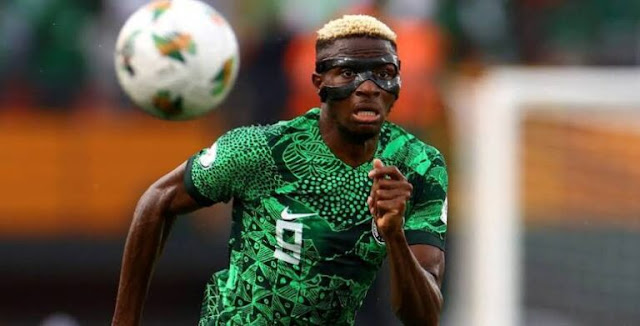At the Federal High Court in Abuja on Thursday, the third witness for the prosecution in the ongoing money laundering case against former Kogi State Governor Yahaya Bello testified that neither the state government nor its local councils made any bank transfers to the American International School, Abuja (AISA).
During cross-examination by Yahaya Bello’s lead counsel, Joseph Daudu (SAN), the witness, Nicholas Ojehomon, who serves as an internal auditor at AISA, also acknowledged that none of the documents showed any transaction directly linked to Yahaya Bello’s name.
Earlier in the proceedings, Justice Emeka Nwite overruled the EFCC’s objection to the inclusion of a judgment from the FCT High Court—specifically from suit number FCT/HC/CV/2574/2023, filed between Ali Bello and the Incorporated Trustees of AISA. The ruling had previously resolved issues related to the payment or refund of school fees in favor of the defendant.
Justice Nwite, while delivering his ruling, emphasized that the objection raised by the EFCC was premature and noted that courts now prioritize substantial justice over technicalities. He recalled that EFCC counsel Kemi Pinheiro (SAN) had, at a March 7 hearing, argued against the admissibility of the documents since the prosecution’s case was still ongoing. However, Justice Nwite held that the relevance and legal admissibility of documents take precedence under Sections 102 and 104 of the Evidence Act.
He concluded that the defense was within its rights to tender the document, now admitted as Exhibit 19, stating that “the prosecution’s objection is overruled.”
During continued cross-examination, when asked to read parts of the admitted court judgment, the EFCC’s lawyer, Olukayode Enitan (SAN), objected, arguing that the witness was not qualified to interpret a legal judgment. Defense counsel Daudu countered, asserting his right to reference the document in building his case, and the judge sided with the defense.
Upon reading the judgment, the witness confirmed it stated there was no legal order requiring AISA to return any funds to the EFCC and that the money involved was not deemed proceeds of crime. The judgment also established that AISA had a valid contractual agreement with the Bello family regarding future school fee payments and could not deviate from it without a court order.
Additionally, Ojehomon confirmed that Yahaya Bello’s name did not appear on the payment letter for the $760,910 paid to AISA. He also affirmed that no electronic transfers from Kogi State or any of its local governments were recorded in the school’s bank statements.
“Is there any mention of a transfer from the Kogi State Government?” Daudu asked.
“No,” the witness replied.
“What about any local government in Kogi?” he continued.
Again, the witness responded, “No.”
Justice Nwite subsequently adjourned the trial to May 9, 2025, for further hearing.








